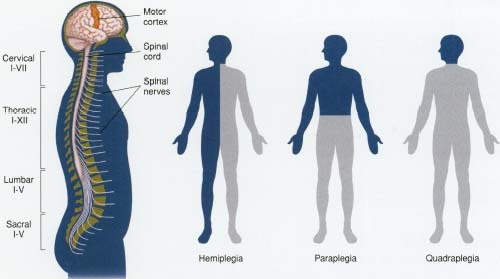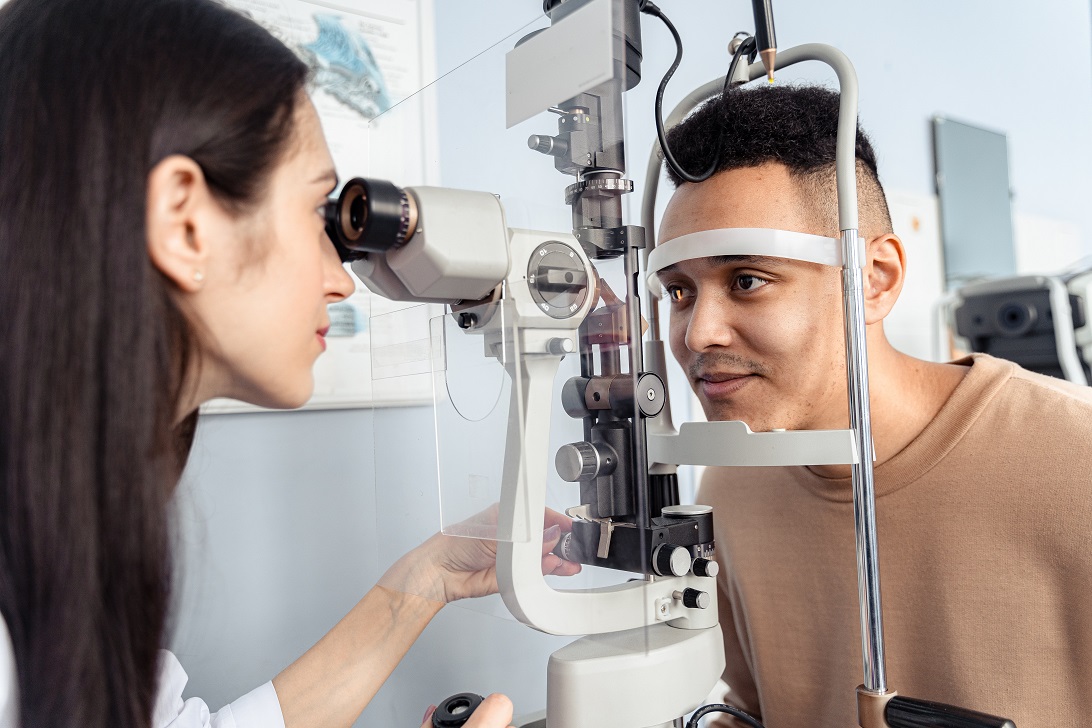Paralysis is not impossible to cure. If proper treatment is given in time, the patient can be cured and prevented from depending on others for the life time.
What is Paralysis?
is often called as Brain strokes, or Brain attacks. Every year millions of people are affected by this disease and one-third of them die if not treated in time.
This is true that people can get handicapped if attacked by paralysis but they can be cured also if cared on time.
Causes of Paralysis
- When there is any blockage in the brain vessels, brain strokes can happen. Our brain is the main part of our body and so paralysis has direct connection with brain.
- Whenever there is any blockage in the arteries, paralysis can happen. Arteries are responsible to take blood from heart to the other parts of the body.
- If any nerve inside the brain bursts then the chances are more that the blood gets collected in one place that results into clot. This clot can increase in size and the loss of blood in large measure can increase the pressure in brain and stops it from functioning properly. This results into headaches, vomiting, difficult breathing and ultimately paralysis.
- When the blood vessel stops functioning in a particular part of brain, that part stops working. If this part could not get blood from other places and also the clot remains untreated, this part is affected severely. Therefore, we see that when stroke happens the clot remains inside the affected blood vessel and the flow of blood is reduced.
Is there any difference between Brain Stroke and haemorrhage
Whenever there is any blockage in the supply of blood to the brain, brain strokes happen. In brain haemorrhage the blood vessel bursts inside the brain. The symptoms of brain haemorrhage are vomiting, headaches, feeling unconscious.
Paralysis can be a result of brain stroke or brain haemorrhage. It can also occur all of a sudden too. When brain stroke or haemorrhage happens, that part of brain stops functioning. Our right brain controls left side parts and vice versa. Hand and foot stop could stop working, and one can feel difficulty in speaking, eating, seeing or understanding.
There could not be any earlier symptoms of paralysis. Many times patient sleeps properly but when wakes up complains of headaches and unable to walk and faints. Haemorrhage causes vomiting and extreme headaches and should be treated as soon as possible otherwise could be fatal.
How to Prevent Paralysis?
- Avoid smoking
- Avoid heavy drinking
- Include green vegetables and salad
- Reduce salt intake and packaged food
- Avoid oily and fried food
- Drink at least 8-10 glasses of water to improve blood flow
- Exercise to increase blood flow
- Do at least half an hour pranayams like breathing exercises and meditation
Myths Associated with Paralysis
- Myth 1:Paralysis cure is not possible
It is a myth as paralysis can be cured if the patient gets medical treatment as son as possible. - Myth 2: Eating Pigeon can cure Paralysis
This is not the truth as medical history does not approve this. - Myth 3: Paralysis gets cured by itself
This is not true as it needs proper treatment and if not taken medical help it could prove fatal.
How to Help Someone getting Paralysis Attack?
If someone gets an attack in front of you, and you find he is unable to use his hand or foot or has difficulty in speaking or eating, try to take him to hospital as soon as possible. The faster you take him to the hospital the chances of his survival are more.
Turn the patient to his sides to avoid the saliva entering into his lungs. If brain clotting has stopped the supply of blood to the affected part of brain, the medicine should be given within three hours.
Physiotherapy can give a great relief to the patients.




